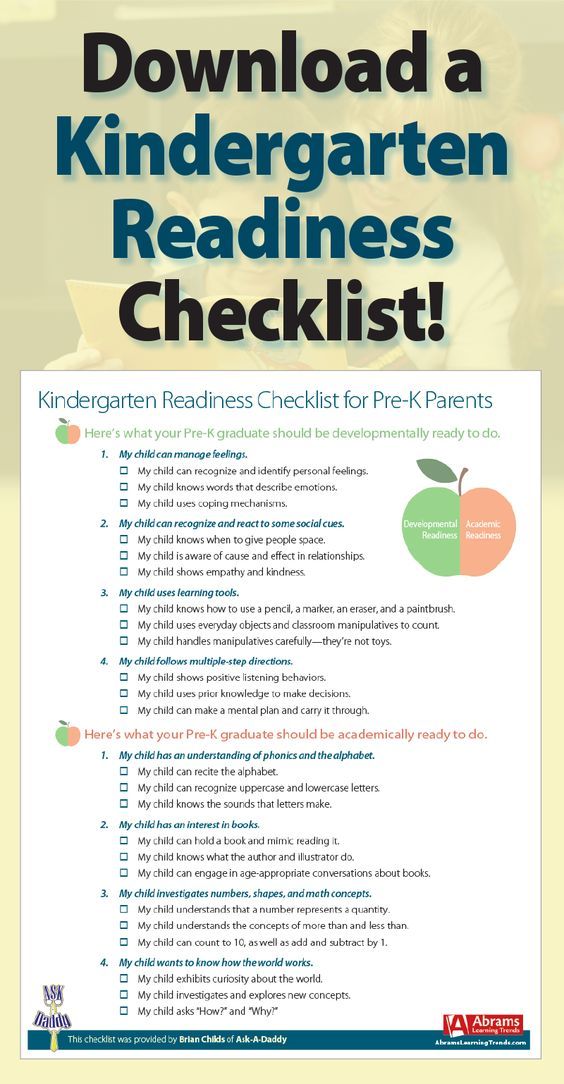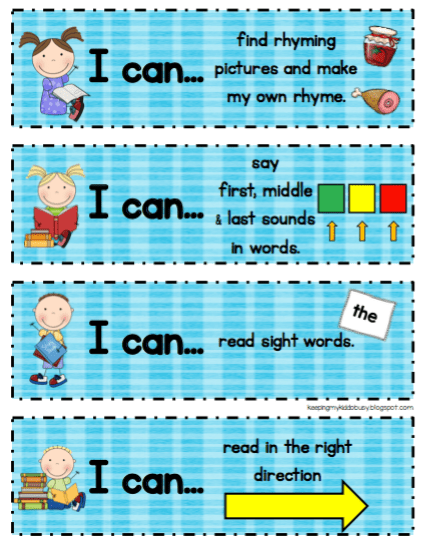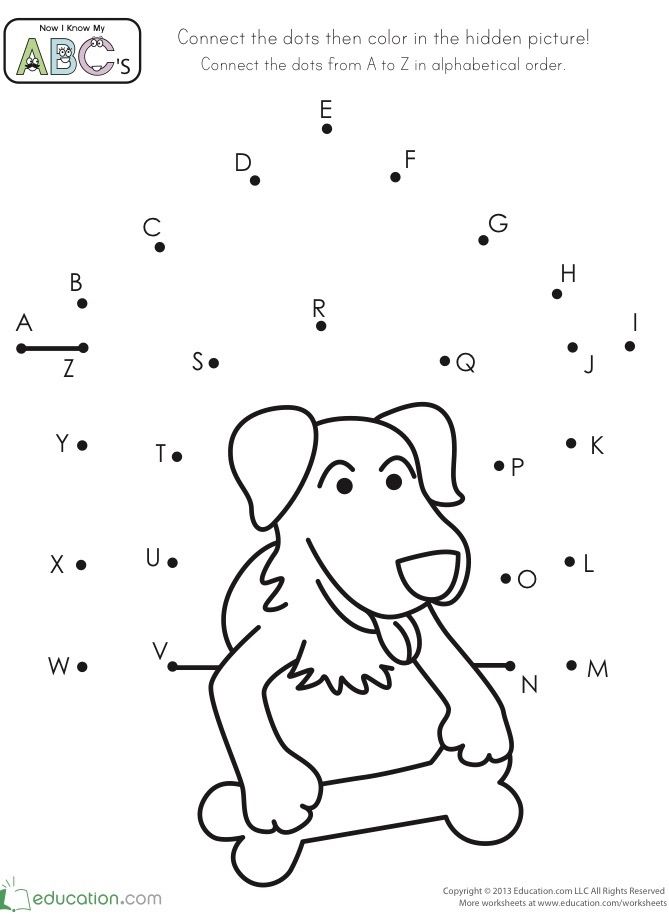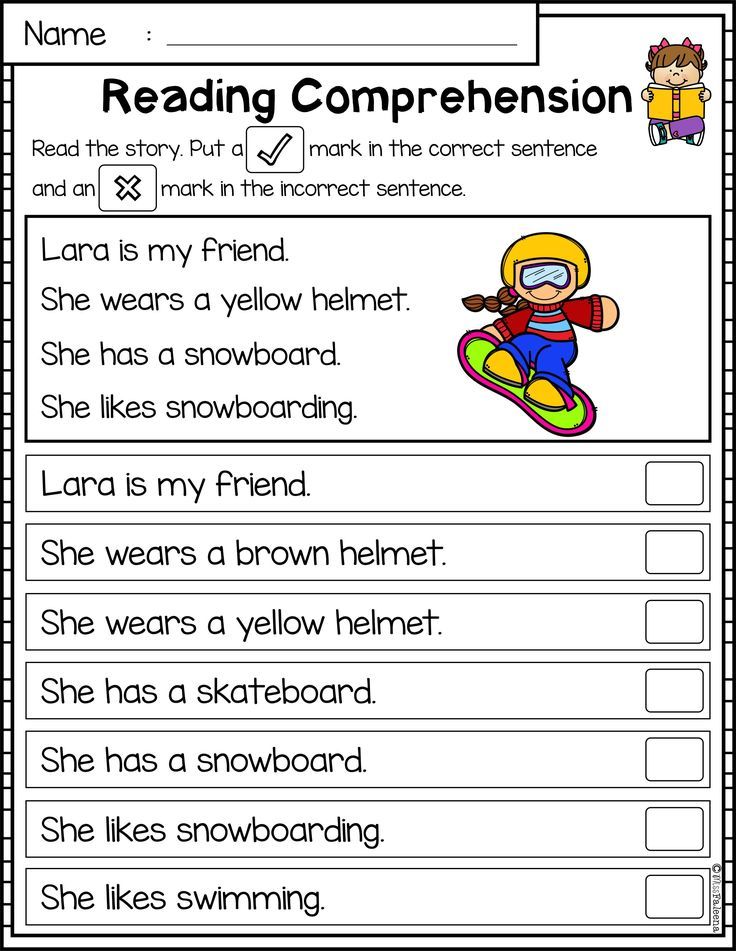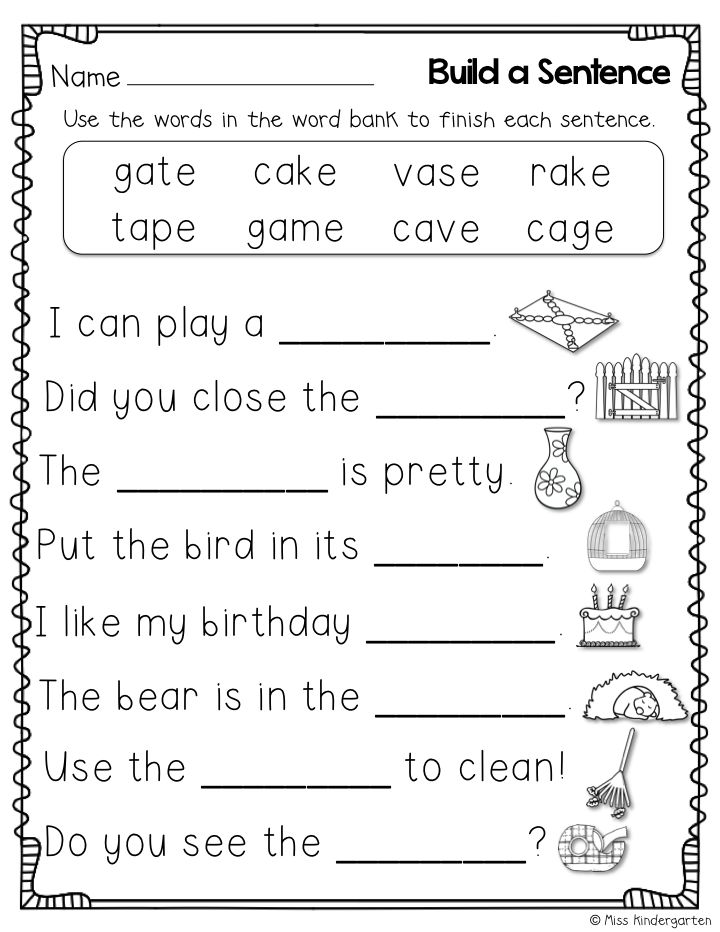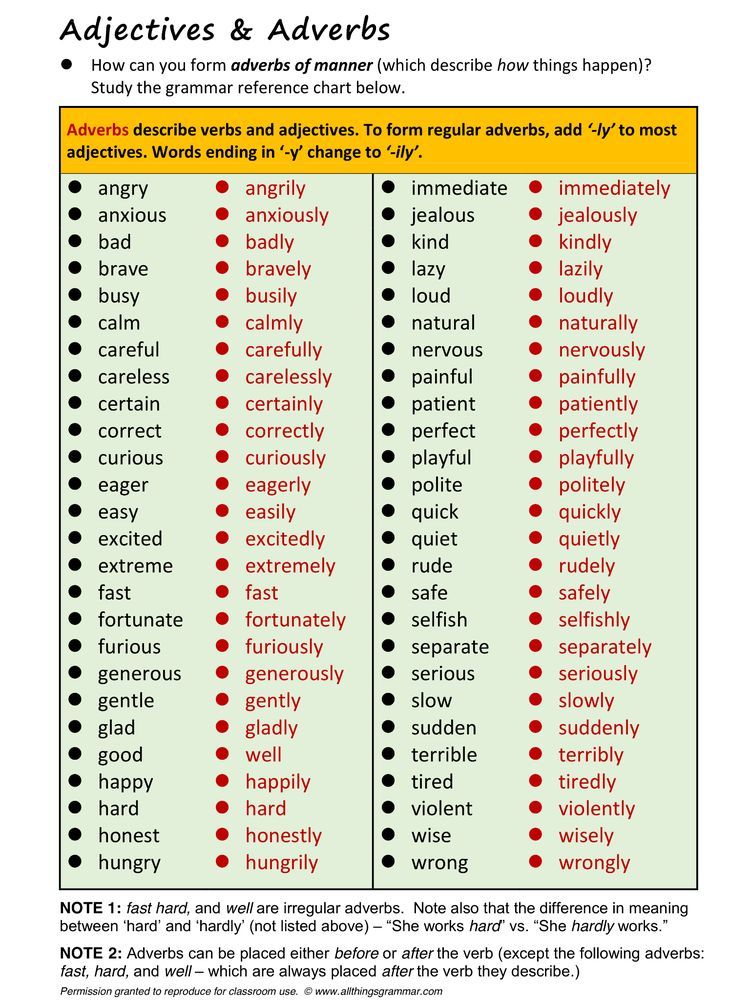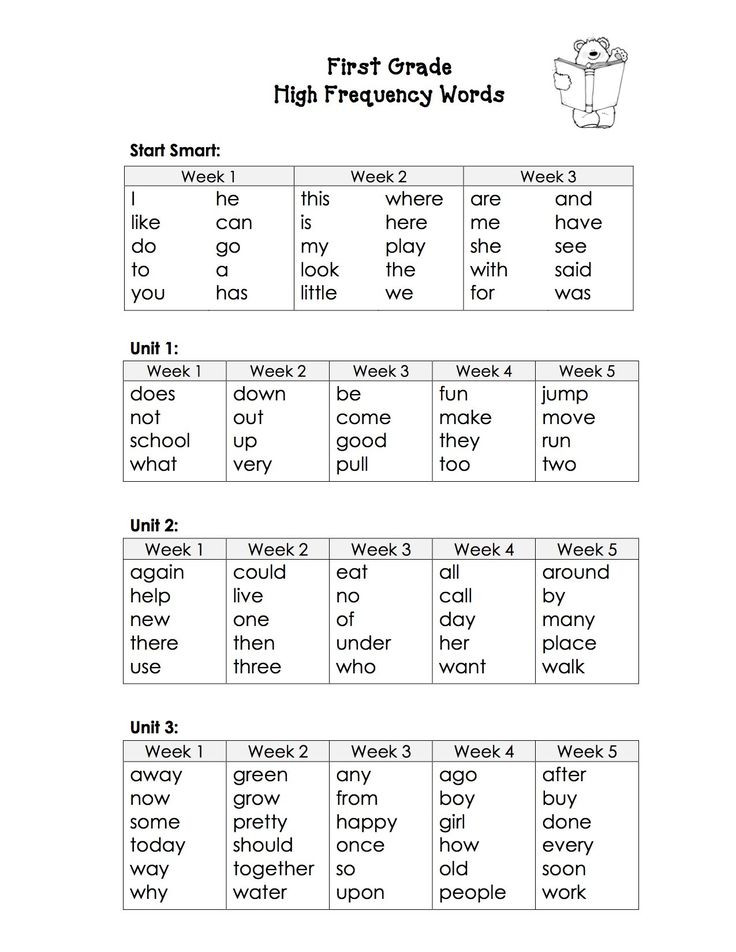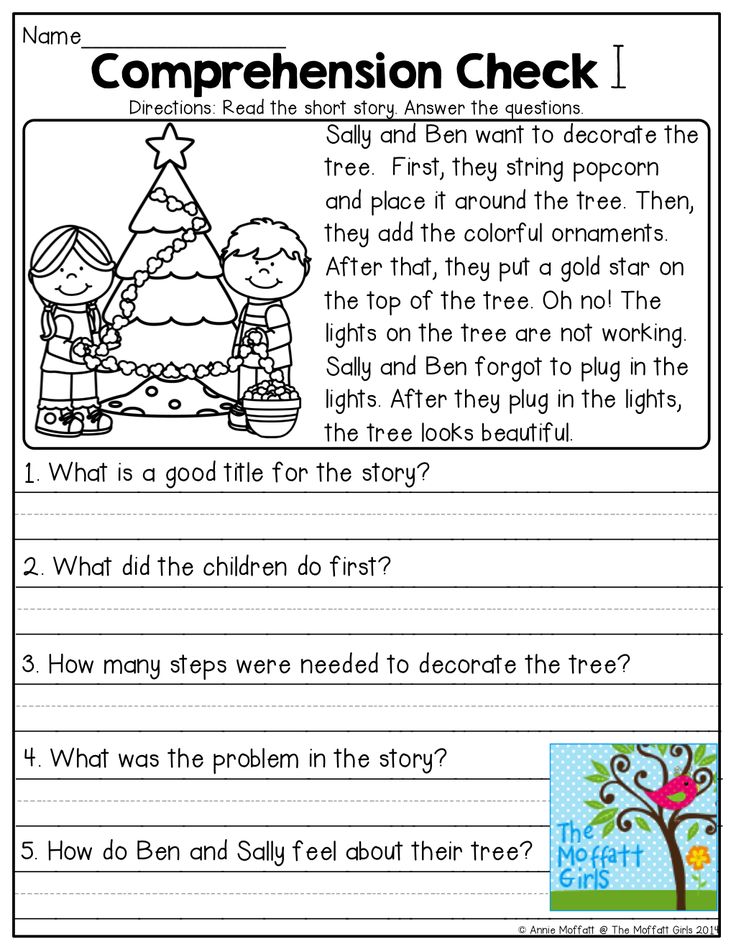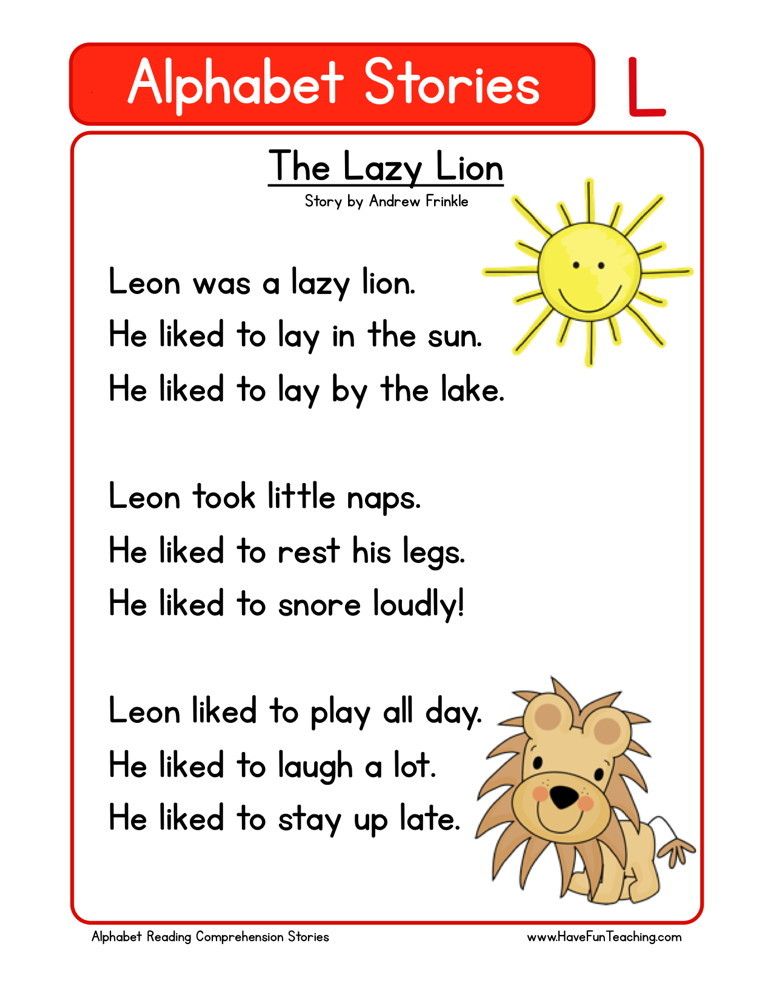Checklists for kindergarten
Kindergarten Readiness Checklist - All About Kids
Kindergarten Readiness Checklist - All About KidsKindergarten Readiness Checklist
- By aakids
- Feb 16, 2021
- 0 Comment
Many parents are preparing to sign their children up for Kindergarten this time of year. Some parents find themselves asking if their child is ready for Kindergarten or would another year of Pre-K suit them better. Learn about the type of skills that are expected of a Kindergarten student.
Language skills
- Speak in complete sentences and be understood by others most of the time
- Use words to express needs and wants
- Understand two-step directions
- Make comparisons and describe relationships between objects like big/little, under/over, and first/last
Reading readiness skills
- Enjoy listening to stories
- Know how to find the first page of a book and which way to flip the pages
- Recognize familiar logos and signs, like stop signs
- Recite the alphabet and identify most of the letters
- Recognize and try to write their own name
- Recognize when two words rhyme (like cat and bat)
- Start to connect letter sounds to letters (like the sound of the first letter in their name)
- Draw a picture to help express an idea
Math skills
- Count from 1 to 10 without skipping numbers
- Match a number to a group of five or fewer items (“I see three cats”)
- Recognize and name basic shapes (square, circle, triangle, rectangle)
- Understand more than and less than
- Arrange three objects in the right order (like from smallest to biggest)
- Name or point to the colors in a box of eight crayons
Self-care skills
- Use the bathroom and wash up on their own
- Get dressed on their own (but may still need help with buttons, zippers, and shoelaces)
- Know and can say their first and last name and age
Social and emotional skills
- Separate from a parent or caregiver without getting overly upset
- Interact with other kids
- Pay attention for at least five minutes to a task an adult is leading, like listening to directions for an activity or discussing the day’s weather during circle time
Fine motor skills
- Use a pencil or crayon with some control
- Use scissors
- Copy basic shapes
- Make distinct marks that look like letters and write some actual letters, especially the ones in their name
- Put together a simple puzzle
Gross motor skills
- Run
- Jump with feet together
- Hop on one foot
- Climb stairs
- Bounce a ball and try to catch it
© 2023 All About Kids Childcare and Learning Center. All Rights Reserved.
Design by: Web Strategy Plus
↑Kindergarten skills checklist
- Reading & Writing
- Mathematics
- Logic & Problem Solving
- Science
- Social Studies
- Creativity & Life Skills
- Personal & Social Skills
- Language Learning
Is your child ready for kindergarten? Refer to this skills checklist.
Is your child ready for kindergarten? Although each child is unique and develops at his or her own pace, most educators and developmental experts agree upon a certain set of skills as essential tools for further development and achievement in school. Here’s a checklist of the developmental skills children need exposure to and knowledge of before they enter kindergarten.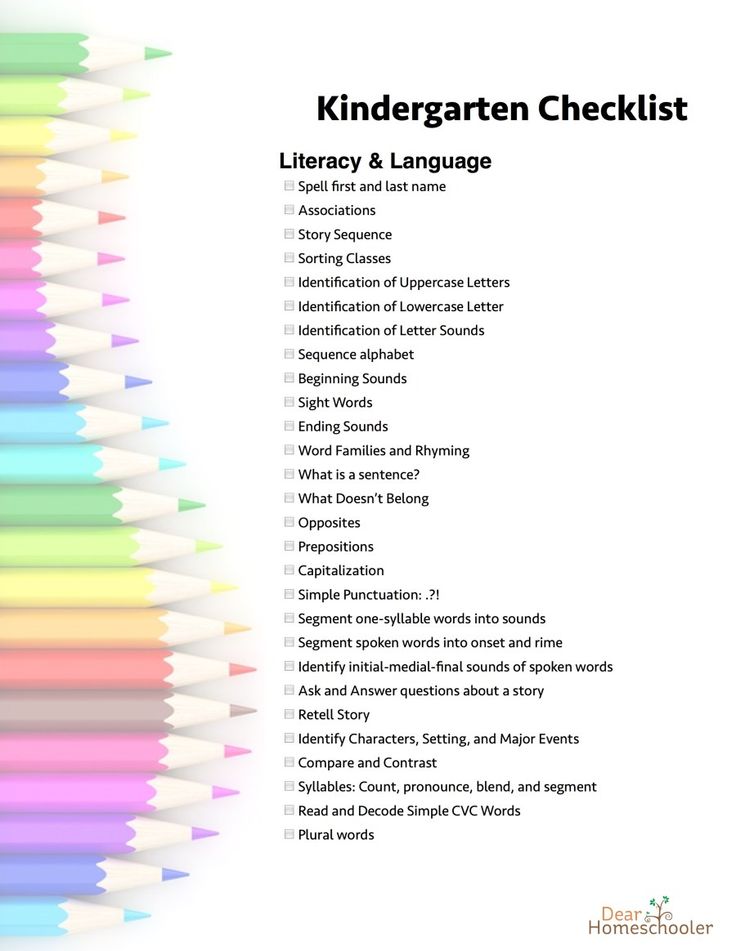
Social skills
- Uses words to solve problems or conflicts
- Uses words like please, thank you and excuse me
- Adjusts to new situations
- Attempts new tasks knowing it’s okay to make mistakes
- Shows pride in accomplishments
- Follows a simple direction
- Stays with an activity to completion
- Asks for help
- Interacts appropriately with adults and peers
- Respects the rights, property and feelings of others
- Works cooperatively (listens to others, shares and takes turns)
- Demonstrates increasing self-control
- Participates in clean-up activities
- Takes responsibility for own belongings (lunch, coat, etc.)
- Is able to dress self
- Adheres to a routine and schedule for personal hygiene, eating meals and going to bed
- Uses good hygiene habits and table manners
- Uses appropriate bathroom skills
- Follows simple safety rules
- Offers to help peers and family
- Tries to regulate emotions properly and articulates feelings in words
Motor skills
- Puts puzzles together
- Cuts with scissors
- Holds and uses crayons, markers, pens and pencils correctly
- Builds using blocks
- Tries to tie own shoes
- Bounces, kicks, throws and catches a ball
- Rides a tricycle
- Enjoys outdoor activities, like running, jumping and climbing
Reasoning & concept development
- Matches or groups objects according to size, shape or color
- Groups objects that are the same
- Understands concepts of in/out, under/over, on/off, front/back, etc.
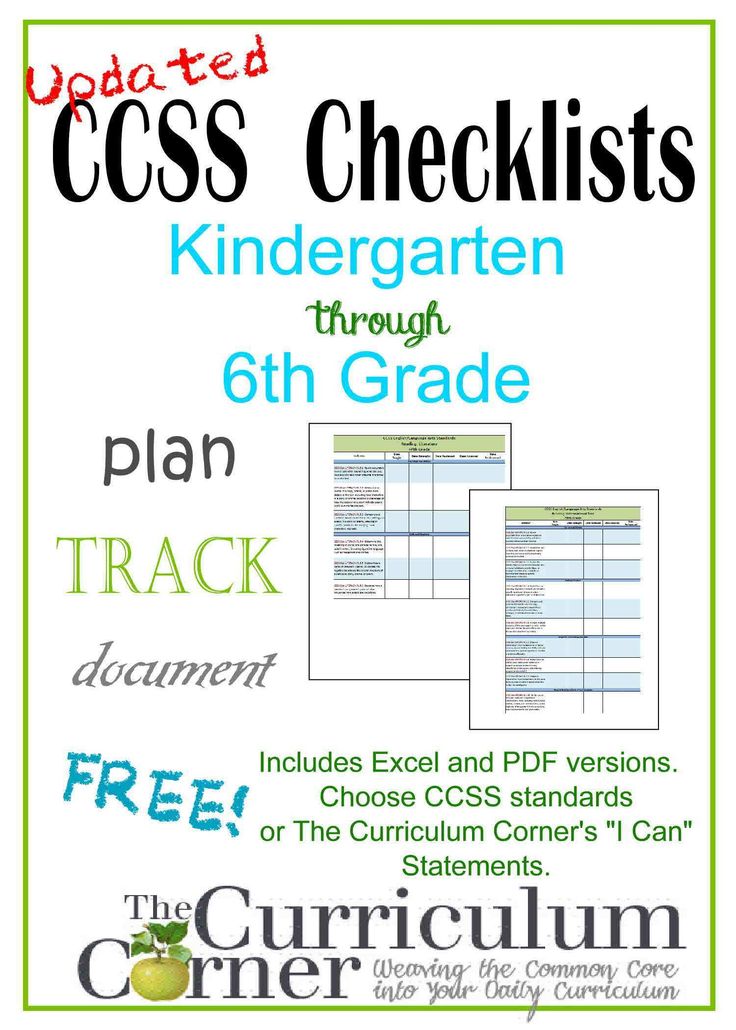
- Shows an understanding of the passing of time, including concepts of before and after, and today, yesterday and tomorrow
- Experiments enthusiastically with new games and toys, sometimes in a trial-and-error manner
- Describes how objects are the same or different
Language skills
- Talks in sentences
- Follows one- and two-step oral directions
- Uses sentences that include two or more ideas
- Uses descriptive language
- Knows by heart and recites some common nursery rhymes and songs
- Pretends, creates and makes up songs or stories
- Tells or retells stories and/or everyday experiences
- Asks questions and expresses curiosity
- Expresses ideas so that others can understand
Reading skills
- Looks at books or pictures on their own
- Pretends to read books by reading the pictures
- Tries to read in everyday situations (signs, labels, etc.)
- Recognizes rhyming words
- Blends sounds into words
- Recognizes some common words in print
- Recognizes many uppercase and lowercase letters
- Recognizes some letter sounds
- Describes characters’ actions and feelings in a story
- Relates stories to personal experiences
- Puts events of a story in order
Writing skills
- Tries to write, scribble or draw
- Asks you to write words or notes to others
- Attempts to write own name and recognizes own name in print
Mathematics concepts
- Compares the size of groups of objects using language such as “more,” “less” and “same as”
- Arranges objects in size order (big to small, or small to big)
- Uses comparison words, like "bigger," "smaller," "heavier," etc.
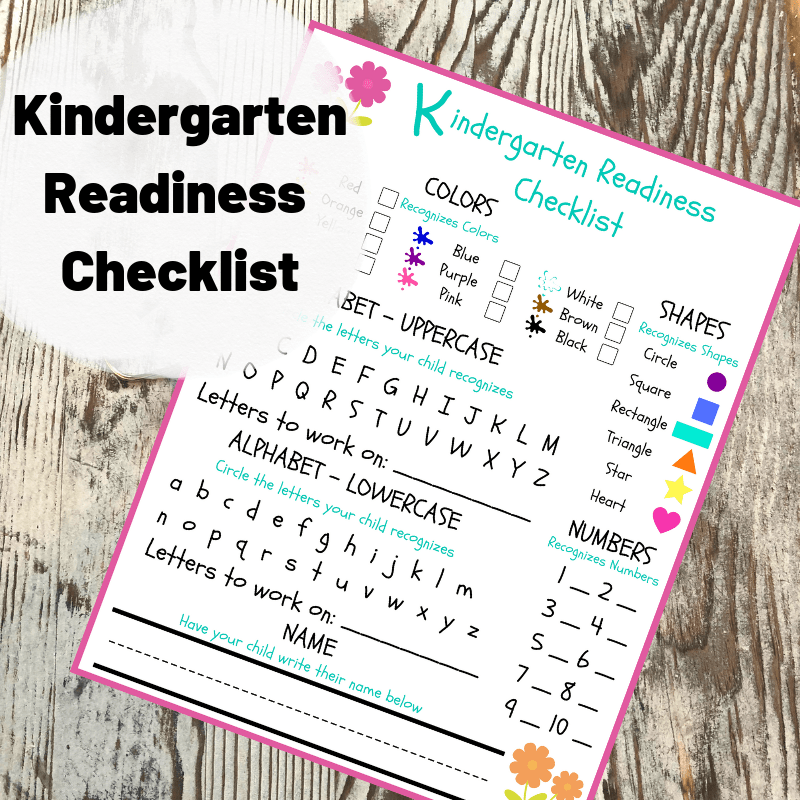
- Understands concepts of none, some and all and more than and less than
- Identifies and draws a square, circle and triangle
- Correctly counts four to ten objects
- Knows that the final number counted represents the total number of objects in a set
- Recognizes some numbers, 1 – 10
- Can distinguish numbers from letters, and understands that numbers relate to quantity
- Understands the effects of addition and subtraction
Science
- Shows interest and asks questions about objects and events observed in their environment
- Notices common properties and differences among objects and materials
- Knows some facts about common plants and animals, such as what they eat and baby names
- Recognizes some objects in the sky such as the sun, moon, clouds and lightning
Creative arts & music
- Recognizes and names basic colors
- Draws recognizable shapes and simple objects
- Tells a story with pictures
- Moves to a beat
- Explores with common musical instruments
- Enjoys improvising or copying musical patterns
Social studies
- Recognizes basic traditions such as birthdays
- Understands that people live in different parts of the worlds and have different customs and traditions
- Explores simple maps and visual representations of neighborhoods or communities
Checklist and what it is for.
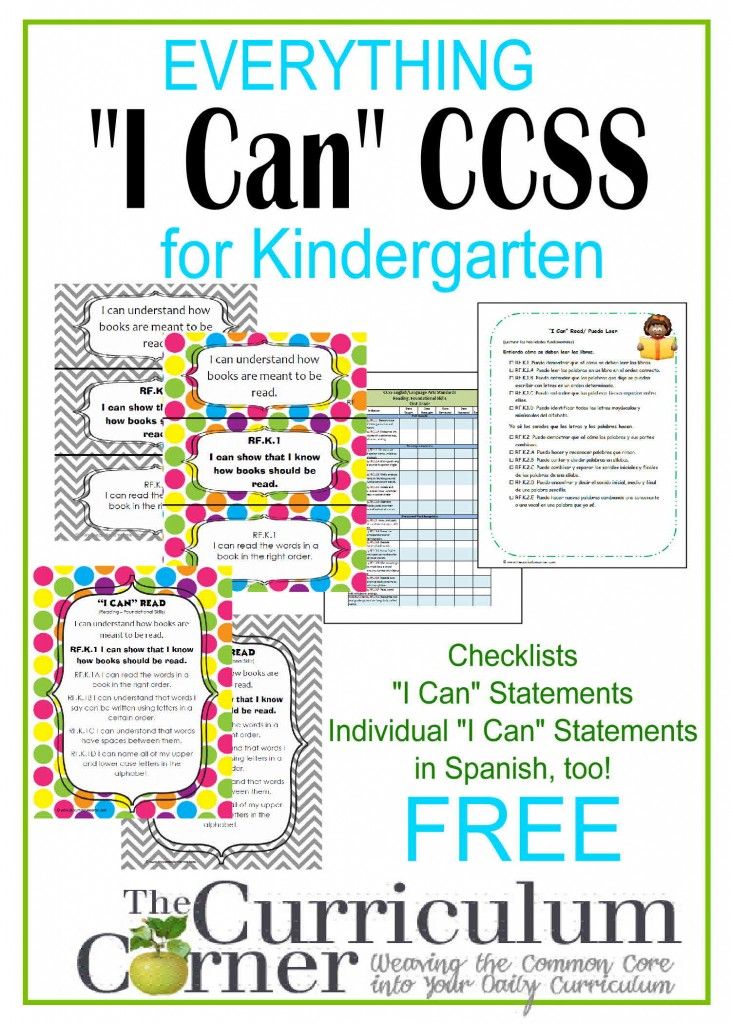 Checklist in kindergarten | Methodological development:
Checklist in kindergarten | Methodological development: Published on 02/24/2021 - 15:36 - Branishti Ekaterina Anatolyevna
Checklist and what it is for. Checklist in kindergarten 1 slide Checklist 2 slide What is a checklist and why does everyone need it? A checklist is a list of important things to do, none of which can be forgotten. Translated from English, check means “check”, and list means “list”. Therefore, checklists are sometimes called in Russian "checklists". It makes it easy to understand when and how many times you need to do this or that action. Print out the checklist and put it in a prominent place so that it is more convenient to control yourself and mark the completion of tasks. Slide 3 Example: before departure, the crew of each passenger aircraft performs a flight readiness check. This procedure is called the "checklist" by the pilots. For flight safety, it is important to carefully check each item on the checklist and make sure that the captain and co-pilot check each other for each item on the list.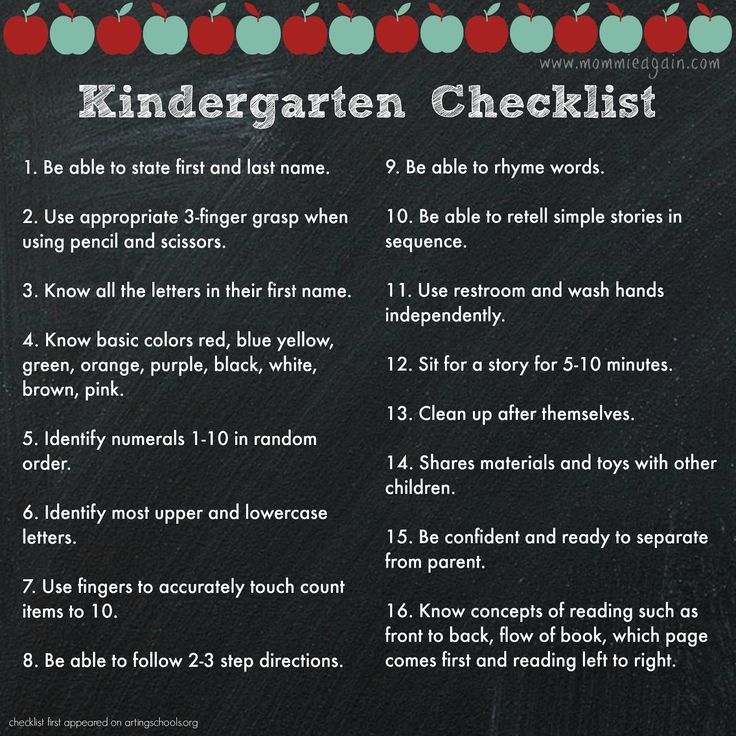 Slide 4 It is proposed to consider 5 points about the benefits of checklists Slide 5 Initially, checklists were used in aviation. With their help, the pilots fixed the order of actions during the control of the aircraft. Soon, checklists became popular in everyday life due to their convenience and a number of benefits. 6 slide Allow you to concentrate on a specific task. You dive deeper and more thoughtfully into the work, without being distracted by extraneous issues. They are fixed in the checklist and now you don’t need to think about them. Slide 7 Reduce the risk of failure In the process of work, we often get carried away and become less attentive. The habit of marking completed points in the checklist will reduce the likelihood of missing any of the steps. 8 slide Allow you to track progress. “I haven’t eaten sweets for a whole month now, I started running faster and drinking more water” - an example of progress analysis using a checklist. By systematically recording your results and achievements, you will understand how far you have progressed and what you still need to work on.
Slide 4 It is proposed to consider 5 points about the benefits of checklists Slide 5 Initially, checklists were used in aviation. With their help, the pilots fixed the order of actions during the control of the aircraft. Soon, checklists became popular in everyday life due to their convenience and a number of benefits. 6 slide Allow you to concentrate on a specific task. You dive deeper and more thoughtfully into the work, without being distracted by extraneous issues. They are fixed in the checklist and now you don’t need to think about them. Slide 7 Reduce the risk of failure In the process of work, we often get carried away and become less attentive. The habit of marking completed points in the checklist will reduce the likelihood of missing any of the steps. 8 slide Allow you to track progress. “I haven’t eaten sweets for a whole month now, I started running faster and drinking more water” - an example of progress analysis using a checklist. By systematically recording your results and achievements, you will understand how far you have progressed and what you still need to work on.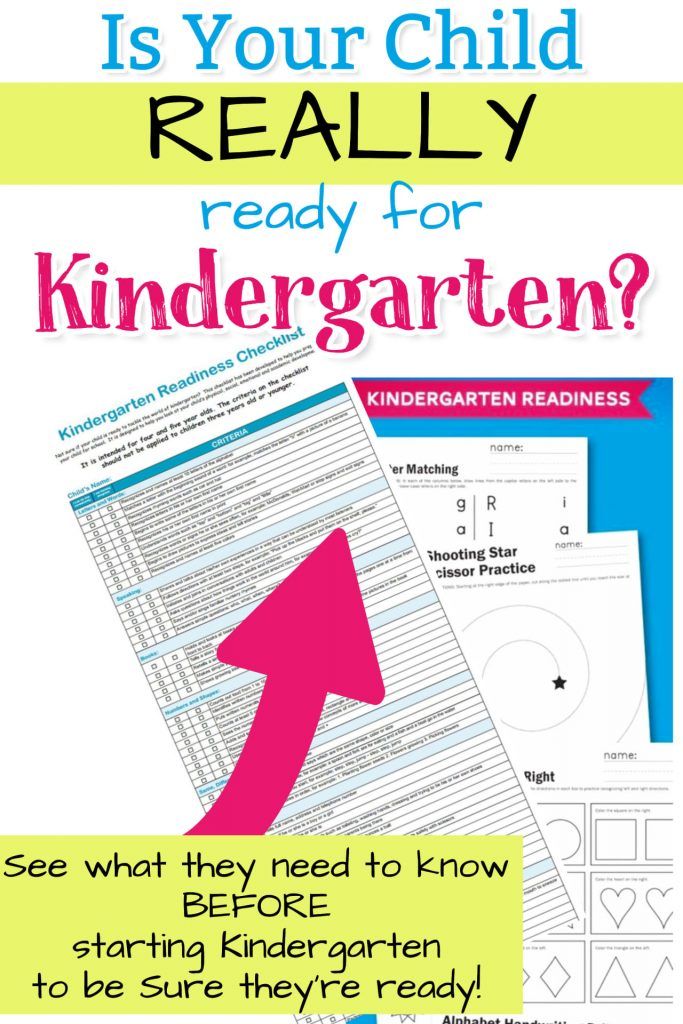 nineslide Save time Any work moves faster when there is a clear plan that needs to be followed - whether it's packing things for a trip or streamlining school affairs. 10 slide They are easy to use Checklists can be created independently in notes, in a diary or in any other planner convenient for you. You can also download ready-made ones on the site 365.done.ru 11 slide Only a small part of the checklist options in kindergarten are presented: • What is important to teach a child before kindergarten • Readiness of the child for kindergarten • Health checklist educator's sheet "What to do before the start of the school year" 12 slide I propose to consider a version of the educator's checklist "What to do before the start of the school year" from the magazine. 13 slide What checklists did we have in kindergarten? Your opinion? nine0003
nineslide Save time Any work moves faster when there is a clear plan that needs to be followed - whether it's packing things for a trip or streamlining school affairs. 10 slide They are easy to use Checklists can be created independently in notes, in a diary or in any other planner convenient for you. You can also download ready-made ones on the site 365.done.ru 11 slide Only a small part of the checklist options in kindergarten are presented: • What is important to teach a child before kindergarten • Readiness of the child for kindergarten • Health checklist educator's sheet "What to do before the start of the school year" 12 slide I propose to consider a version of the educator's checklist "What to do before the start of the school year" from the magazine. 13 slide What checklists did we have in kindergarten? Your opinion? nine0003
Download:
Preview:
On the topic: methodological developments, presentations and notes
Consultation for parents "Why do we need a teacher-psychologist in kindergarten?"
Consultation for parents "Why do I need a kindergarten psychologist?"
"Why do I need a kindergarten psychologist?" functions he has the right to perform?Many parents ask themselves these questions.
